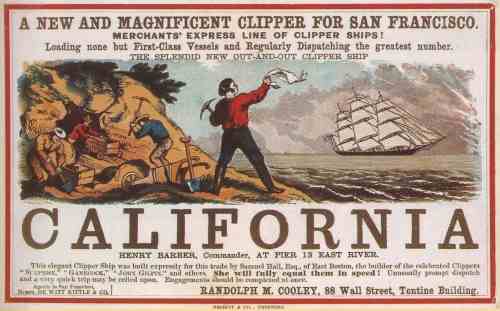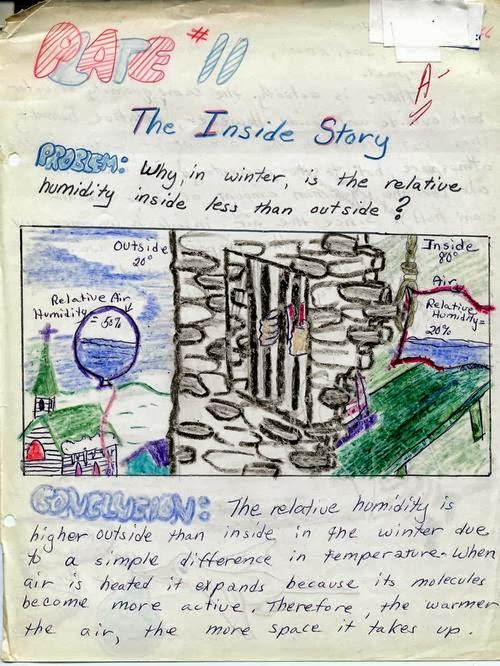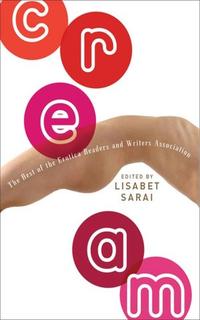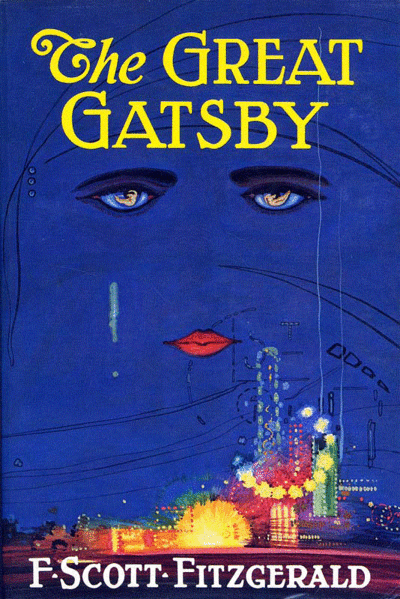By Henry Corrigan (Guest Blogger)
Several weeks ago, as
often happens on the ERWA Writers discussion list, a question was
posted and soon after a debate began. The question was how to write a
scene that involved the sixty-nine position, but from a female
perspective. The author was having difficulty because he had no
actual experience with the position. (He had no experience with being
a woman either, but that’s beside the point.) He asked several
female members of the group if they could offer any insight. The
answers he received were varied and detailed, but one of them stuck
in my mind.
It was from the
incomparable Rose, and her reply didn’t so much as deal with
sixty-nine, but with writing from the woman’s point of view in
general. She lamented that today, many stories which try for the
female POV, often end up revolving around the same poorly conceived
idea: the trope of the virgin.
The story is simple. A
shy, goodhearted but burningly curious young woman decides to leave
her hometown of Virginity (Birthplace of Everyone, Ever) and move to
the exciting, but kinda scary city of Sex (Everybody Comes Here).
Wherein, on her first day in town, despite being given no outward
instruction, she somehow manages to perform an incredibly complicated
and intense…insert sex act here.
Why is this a bad idea? As
Rose put it, the story left her disappointed because she was unable
to believe in the characters. Doing something right for the first
time without instruction, especially sexually, doesn’t happen in
real life. And if a story is not at least partially based on reality,
the reader can’t connect with it.
This simple fact applies
not only in erotica but in all of literature. If science fiction goes
too far out into the black, no one wants to follow. If the
protagonist of a horror story shrugs off a wound that even a layman
knows is fatal, said layman will demand his money back.
Bypassing reality, while
expedient, comes with the cost of losing the reader’s interest.
Science fiction can go as far out as it wants to, so long as it
remembers to keep a sleeping pod open for humanity. Erotica must keep
the human element in the bedroom as well, if it wants readers to
return for more.
Because for as wonderful
and special as sex can be, it is still, at its heart, a physical act.
And like anything physical that a person tries for the first time,
they are bound to do it wrong.
Real people will gag,
cough at the wrong time, or feel ashamed when something doesn’t go
the way they imagined it. They may even hurt their partner without
meaning to. It’s distressing and humiliating, but everyone goes
through it. To pretend otherwise is like being that guy in high
school who brags about how great he was in the sack the first time
around. Everyone knows he is full of it before he even finishes
speaking.
Don’t be that guy.
The impulse to skip over
the embarrassing moments may seem like the logical thing to do. When
I first started writing, I did the exact same thing. Why put in
happenings that are difficult to talk about, even years later?
Because people who’ve experienced a similar event will be able to
connect with your fictional re-imagining. The point is not to remind
readers of an embarrassing time in their lives, but to put them in
the right frame of mind to remember what came after. The moment when
they got it right.
That golden moment when
they and their lover found a rhythm or that one little spot and
suddenly…blankets got kicked off the bed, pillows were knocked
aside and two people clung to each other till they had nothing left
and all of it felt just a little bit like dying. Then they did it all
again.
The missteps, accidents
and occasional tears were necessary because they made finally driving
each other absolutely, skin tremblingly insane worthwhile.
Readers come to erotica
because they want heat, but they stay for the heart. They don’t
just identify with characters who have foibles and make mistakes but
with the authors who create them as well. They purchase stories, tell
their friends and little by little a network of fans begins to form.
Give readers the heart,
heat, accidents and mistakes they want and they will look to you for
more. Remember, there may be a whole vast Internet out there full of
poorly written virgin stories ready to pull readers under, but if you
give them a safe port full of well written tales, they will study
oceanography to get to it if they have to.
About the Author
Henry started writing erotica for the same reason that gets most people into trouble; Because of a girl. Several years ago he decided to turn his passion into a professional career. By day, Henry is a full-time federal employee, and by night a student working towards an MBA in healthcare. Whatever time he has left over, is devoted to family and writing. His work has been featured at everynighterotica.com and twice in the ERWA Gallery. He is currently at work on two novels. Updates and randomness can be found on twitter, @HenryCorrigan. More of his work can be found hanging in The Cave at
henrycorrigan.blogspot.com.









